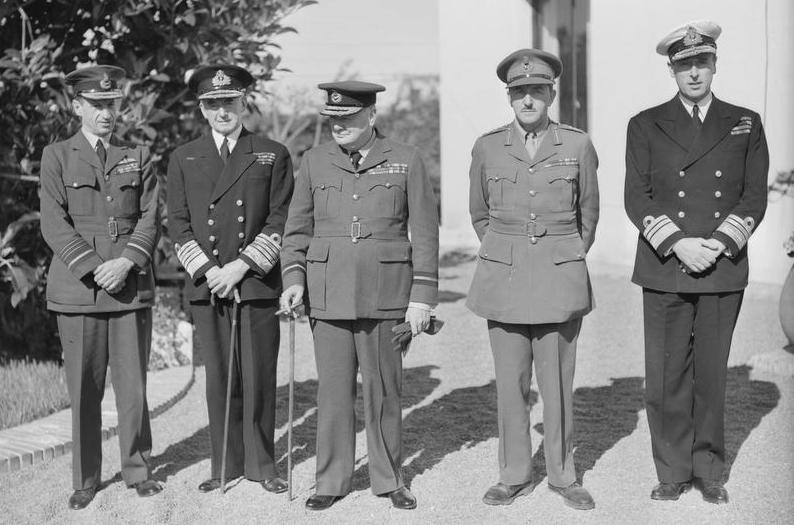


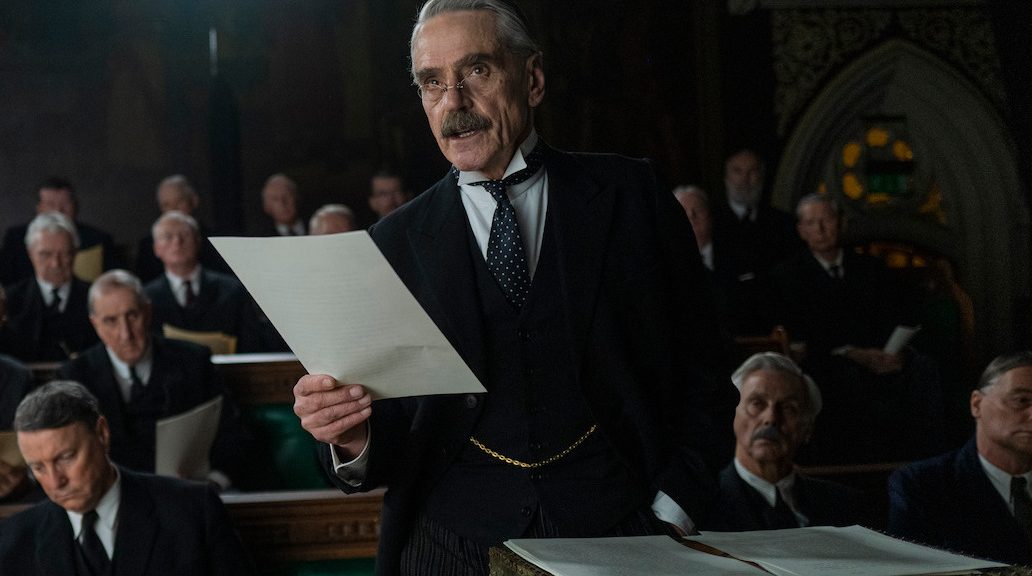
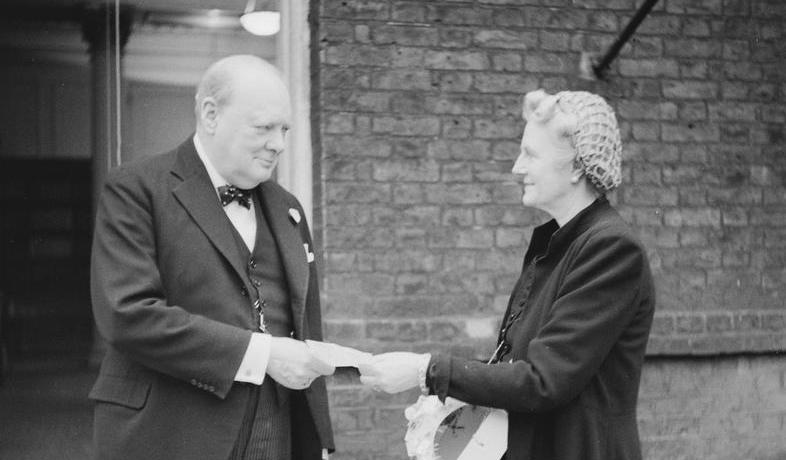
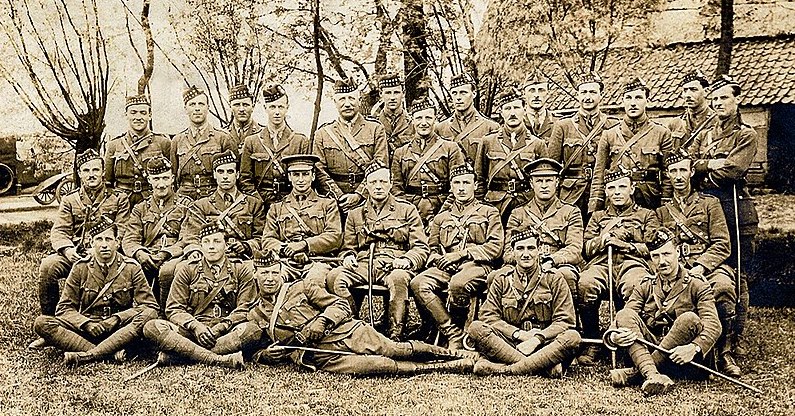
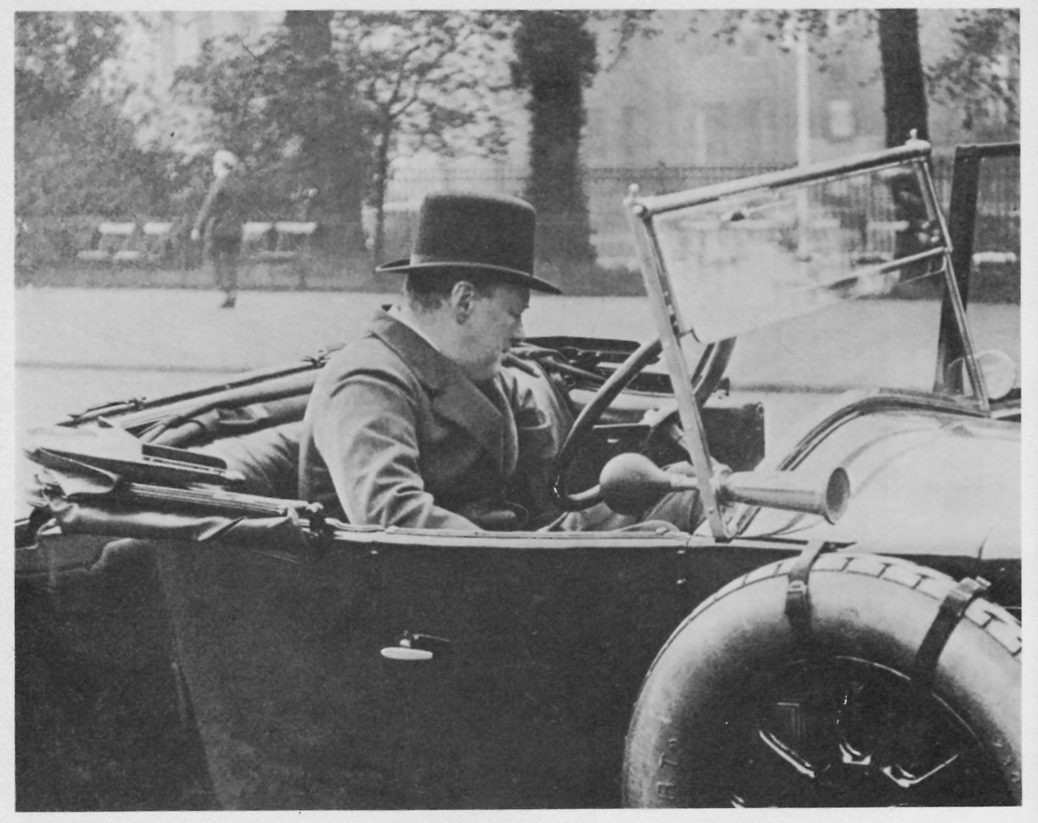
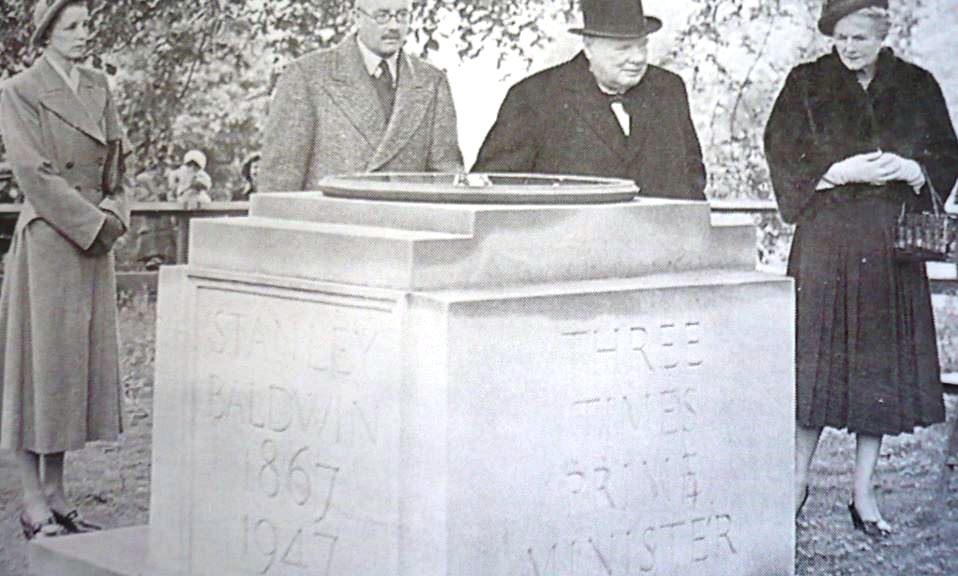
Churchill’s censorious remark about Prime Minister Stanley Baldwin was not, I was pleased to learn, his last words. Once again his characteristic magnanimity prevailed. My thanks to my colleague Dave Turrell for this information.
June, 1947Sir Martin Gilbert published the arresting assertion by Churchill in 1947 (In Search of Churchill, 1995, 106). In June, WSC was invited to send a letter (I would think for a festschrift) on Baldwin’s 80th birthday, August 3rd. Writing to an intermediary, Churchill refused. “I wish Stanley Baldwin no ill, but it would have been much better if he had never lived.”…
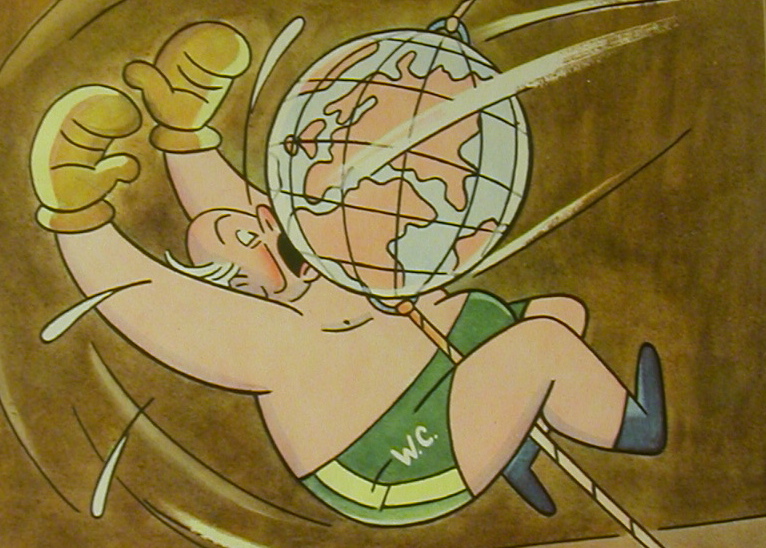
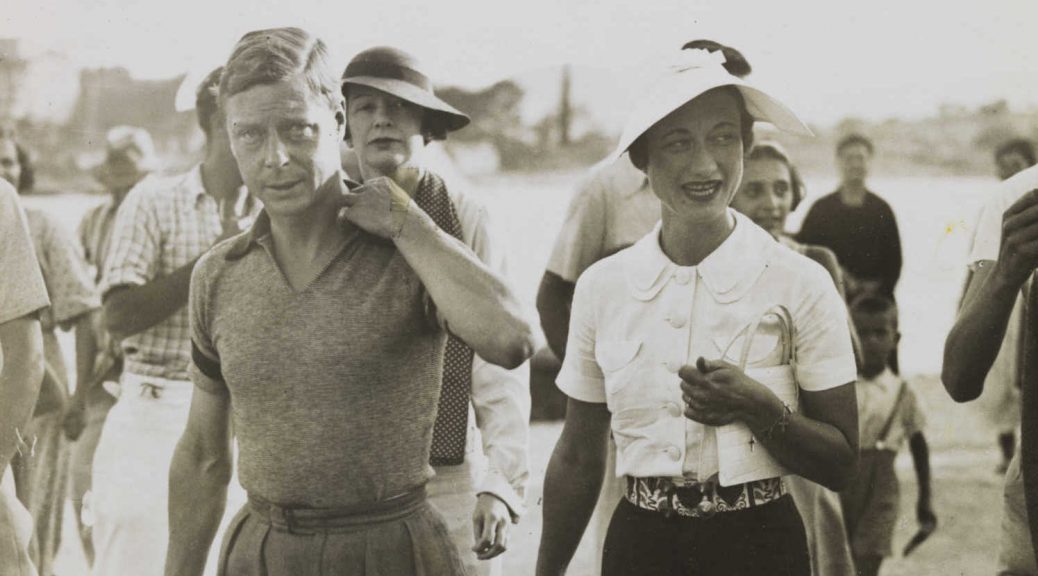
“A fully equipped Duke costs as much to keep as two Dreadnoughts; and Dukes are just as great a terror and they last longer.”
The wisecrack, wrongly attributed to Churchill, was actually uttered by his Liberal ally, David Lloyd George. (Allegedly LG said it in 1909, during their battle to reform the House of Lords,) It didn’t make Churchill more welcome at Blenheim Palace, where his cousin the Duke of Marlborough forbade the name of LG in conversation.
The Duke of Windsor (formerly King Edward VIII) and the 2nd Duke of Westminster are occasionally attacked for their “near-treasonous activity in support of the Third Reich.”…
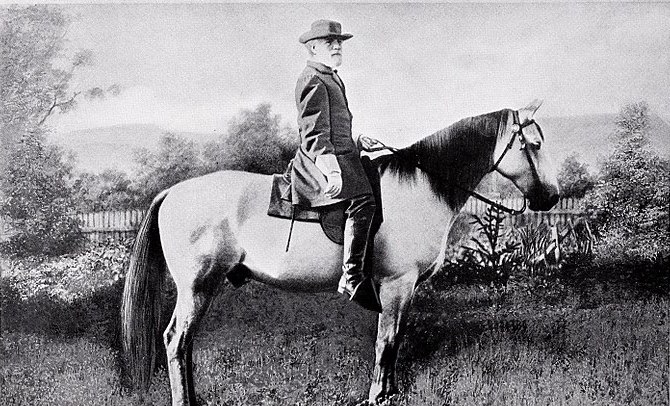
Allen C. Guelzo, Robert E. Lee: A Life (New York: Knopf, 2021), 608 pages, illus., $35, Kindle $15.99. First published in The American Spectator, 9 November 2021.
“Who’s that man on the horse?”……I asked my father at a young age. “That’s Lee—he led a Southern army in the Civil War.” He gave me a book I still have, Illustrated Minute Biographies, by William DeWitt. Published 1953, it is utterly non-judgmental. Opposite the page on Lee (“Leader of a Lost Cause”) is a page on Lenin (“Father of the Russian Revolution.”)
Among DeWitt’s 150 personalities, Lee fascinated. I’ve always had a soft spot for underdogs.…
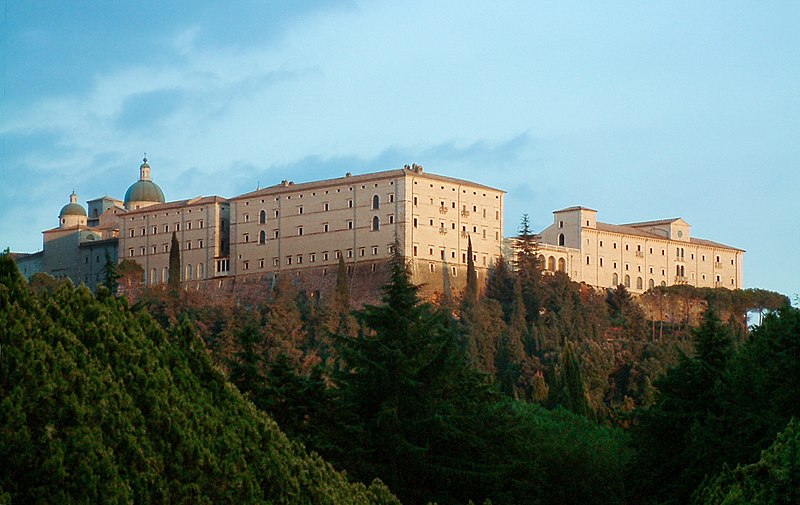
An Italian journalist writes for Churchill references to the attacks on Monte Cassino during the Italy campaign in spring 1944, asking about “his silence, later contradictory” on the bombing of the town’s ancient monastery. If the implication is that Churchill was uncaring over the destruction of ancient shrines and grand buildings, that would contradict his revulsion over the bombing of Dresden. If it is that this particular destruction didn’t appear in his statements at the time, that is true. War is hell, and to expect him to eulogize every devastating loss is to expect a lot.…